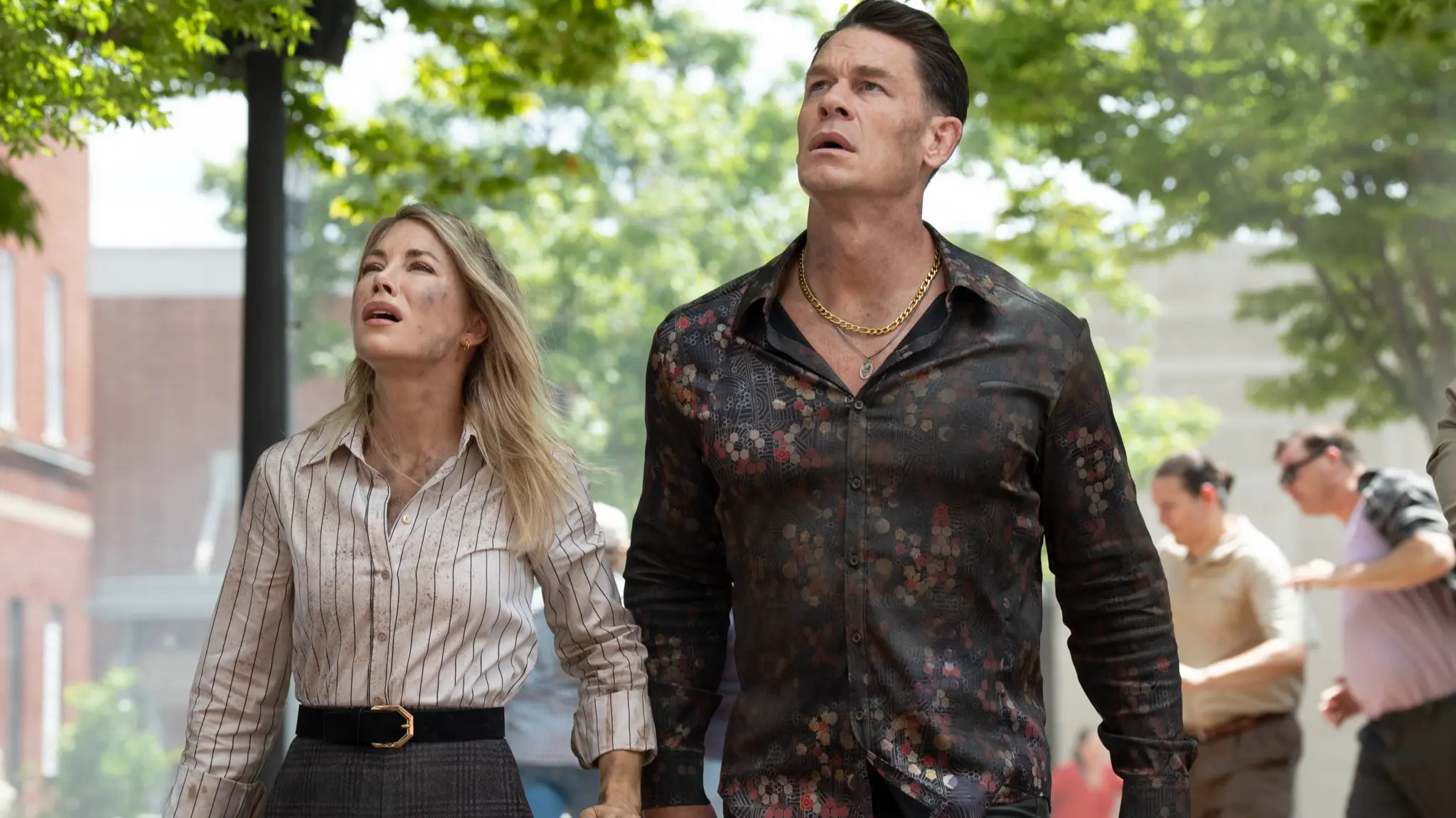The Paradox in Peacemaker Season 2: Why having it all made him worse, and having nothing made him better?
-

The return of Peacemaker Season 2 on HBO Max comes at a pivotal time for the DC Universe. With James Gunn now leading DC Studios, the series arrives as both a continuation of one of the DCEU’s most surprising successes and a new chapter in the freshly rebooted DCU. John Cena is back as Christopher Smith, a.k.a. Peacemaker, and once again balances crude humor with surprising vulnerability.
The season picks up after the events of Superman (2025) and dives into the multiverse - not for flashy cameos, but to explore trauma, regret, and the question of who Chris Smith could be in a different life. Instead of a simple story about stopping villains, Peacemaker Season 2 is built around a paradox: what happens when the very things you think will save you - love, fame, family - end up corrupting you, while loss and hardship bring out your best self?
How the “Perfect World” made Peacemaker worse
A viral tweet summed up the core idea of Peacemaker Season 2: in the universe where Chris has everything - money, love, family, and recognition - he becomes arrogant and self-destructive, while in the reality where he has nothing, he learns to grow and mature.
The alternate universe introduced in the first episode looks like paradise. Chris finds his father and brother alive, is celebrated as a hero, and even has a loving relationship with Emilia Harcourt. It’s everything he has ever wanted. But in this world, his success feeds his ego. He’s cocky, drug-fueled, and dangerously shallow. The traits that once made him a sympathetic antihero are replaced by arrogance.
In contrast, Chris from the primary universe - scarred by trauma, guilt, and rejection - starts to show humility. His connection to the 11th Street Kids is messy, but it’s real. Without family, fame, or acceptance, he’s forced to confront his flaws and lean on relationships that keep him human. Pain, not comfort, drives his growth.
This paradox is the emotional engine of Peacemaker Season 2. It flips the idea of the multiverse on its head, suggesting that the “better life” isn’t the one with fewer problems - it’s the one where problems force you to change.
How Another Rick Up My Sleeve reinforces the Paradox
The latest episode, titled Another Rick Up My Sleeve, deepens this theme by focusing on Chris’s complicated bond with Harcourt. In a flashback, we learn that she was romantically involved with Rick Flag Jr.- the man Chris killed in The Suicide Squad. This revelation makes his chances with her in the primary universe seem impossible and highlights how burdened he is by his past.
Meanwhile, in the alternate universe, things look perfect. Harcourt is open to Chris, Flag Jr. is reduced to a desk job, and Chris plays the role of adored hero. He charms Harcourt over hot dogs, saves the day during a terrorist attack, and struts through life with all the validation he could ever want. On the surface, it’s “best dimension ever.”
But this is precisely the danger. Nothing in this world challenges him. Without struggle, Chris risks becoming a shallow version of himself who thrives on admiration instead of accountability.
The first two episodes build to this moment. Episode 1 shows Chris stumbling into the multiverse and accidentally killing his doppelganger, forcing him to bury the version of himself who “had it all.” Episode 2 adds to his torment with the discovery of his doppelganger’s phone, filled with happy memories alongside Harcourt - a constant reminder of the life he doesn’t have. By Episode 3, the temptation of that alternate life threatens to undo the painful but necessary growth he has earned in his own reality.
Peacemaker Season 2 uses the multiverse not as a gimmick, but as a mirror. It reveals that true growth doesn’t come from a life of ease - it comes from facing loss, pain, and rejection. For Chris Smith, “having nothing” forces him to find meaning and maturity, while “having it all” turns him into his worst self. With John Cena leading a stellar cast under James Gunn’s sharp direction, the season has earned praise for blending humor, action, and surprising emotional depth. Streaming now on HBO Max, Peacemaker Season 2 proves that even in a crowded superhero landscape, there’s room for stories that challenge what it means to be a hero.
TOPICS: Peacemaker Season 2
- Where was Peacemaker season 2 filmed? Key filming locations explored
- Peacemaker season 2 finale divides viewers as fans describe it as “more filler than finale”
- "I talked to Ryan Reynolds about it": James Gunn reveals how Deadpool almost made a cameo in Peacemaker season 2
- "I’m okay with being polarizing" - James Gunn on Peacemaker Season 2's latest twist about the alternate world and racism